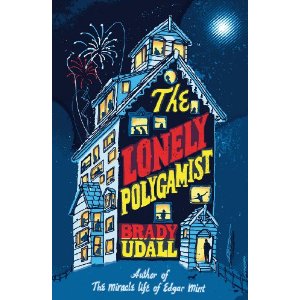I was thinking about which authors I love, that I wish were more widely read, after finishing a novel by John Williams. He’s been acclaimed in recent years, finally receiving recognition for his wonderful story Stoner.
Set in academia, the plot sounds slight, concerning the career of an English professor and his dutiful ways and thwarted love life, but the writing is powerful and memorable.
John Williams only wrote two volumes of poetry and four novels, which were all different in subject matter. I recently enjoyed Butcher’s Crossing. This would probably be classified as a Western, and shelved in that genre in a bookshop, owing to its 19th-century setting, but it’s writing of the highest order. There are no gunfights, but plenty of gore; it reminded me of Moby Dick in the way it portrayed a man’s obsession and flawed relationship with Nature. John Williams is definitely one of The Good.

Bad writers are legion, and, unfortunately, they often prosper. I’ve pilloried Jeffrey Archer before on this blog, so won’t go into a rant. Sufficient to say, the man is a scoundrel and horse-whipping is too good for him. For those of you not familiar with his loathsome career:
Jeffrey Archer – Wikipedia, the free encyclopedia

He writes with the skill of an illiterate ten-year-old, yet his novels have sold millions. It goes to prove that it’s not what you can do, but who you know that counts when seeking recognition. His contacts in the business world helped to launch his career, saving him from bankruptcy.
As for The Meh, writers who are lauded but who leave me cold, there are quite a few. Sadly, they often write what is known as ‘Literature’. By that I mean, more than anything, they are taken seriously by critics, win awards, appear at literary festivals as the main attraction and their opinions are sought on global affairs. They’re admired for their intellectualism, but their ability to tell a story leaves me going ‘huh?’
Something tells me, that Jonathan Franzen, Paul Auster and Douglas Coupland would have a hard job telling a decent joke, and I’m not sure I’d want to be seated next to them at a dinner party.

Who do you love, hate and feel apathy for?
(I just had a thought—perhaps one’s reading tastes would make a perfect predictor of compatibility in a romantic relationship!)








